Did you hear that the Slovak government apologized for the infamous Beneš Decrees that violated the human rights and freedoms of their own citizens of Hungarian descent, expressing their regret for the tragedy of the innocent? Well, you heard almost right.
A very public apology did indeed occur – including some of the aforementioned terminology – after the Slovak Government felt it their moral obligation to express their regret regarding the crimes committed by the former national power. However, the crime in question was not the Benes Decrees, (which we dare say was expected) but rather the Jewish Code (Codex Judaicus/Zidovsky kodex) of 80 years ago which deprived Jewish people of their human and civil rights on the basis of their “racial” affiliation and barred them from cultural and social spheres. Exactly as they did with the Hungarians (and Germans) four years later, with the knowledge of the Jewish tragedy.
What’s more, Beneš’ attempt at ethnic cleansing was not implemented due to an (overzealous) imperial ideological expectation like in the Slovak puppet-state of Tiso. On the contrary: in 1945, at the conference of the victorious powers in Potsdam, Czechoslovakia’s efforts to unilaterally deport Hungarians from Slovakia were not authorized, at most a Hungarian–Czechoslovakian population exchange was allowed. So, what they could not accomplish this way, they managed by deportation to forced labor camps in the Sudetenland while the remaining Hungarians were banned from using their mother tongue and their schools were taken away.
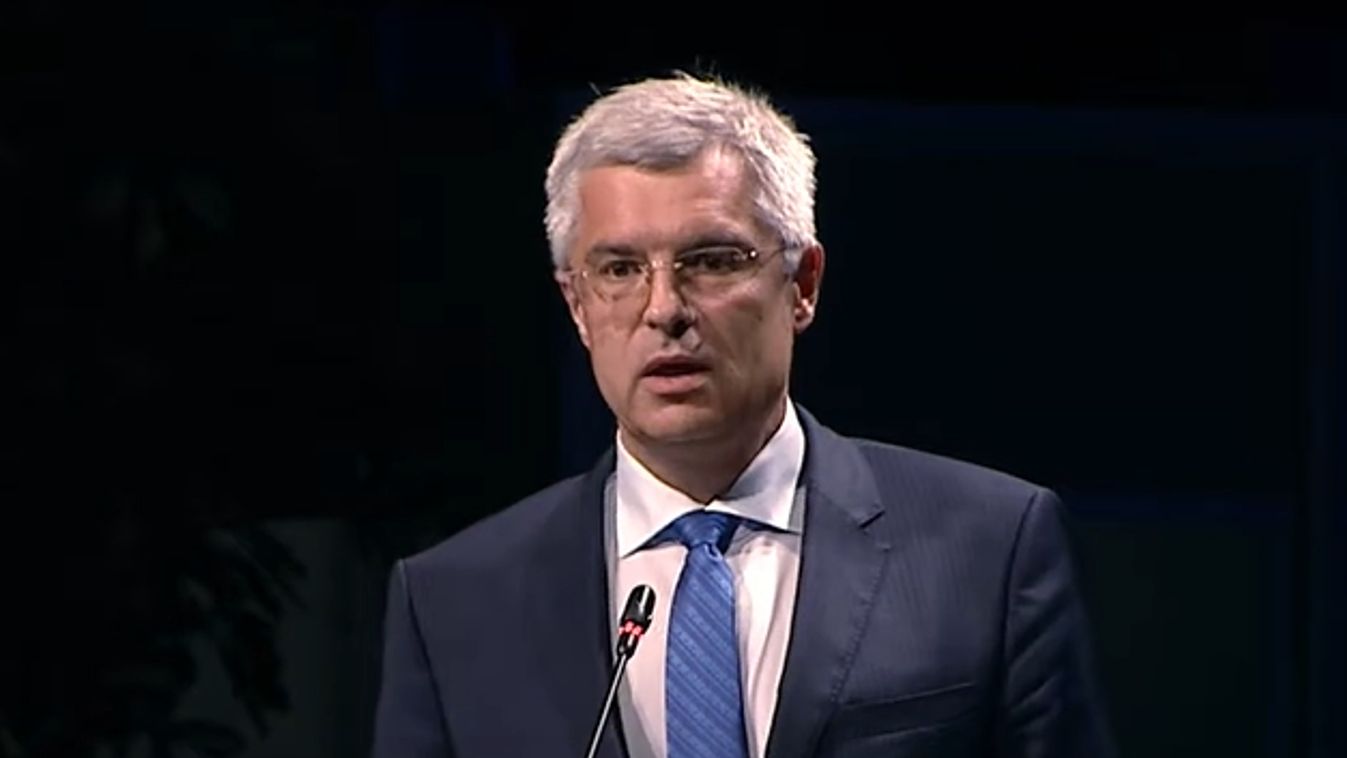


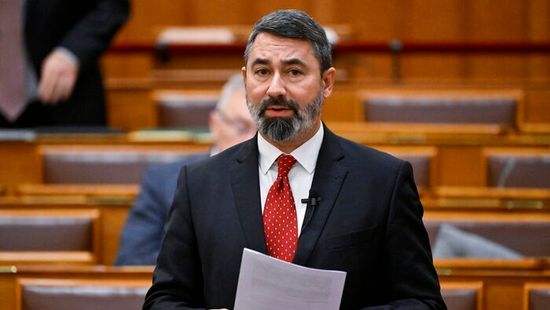



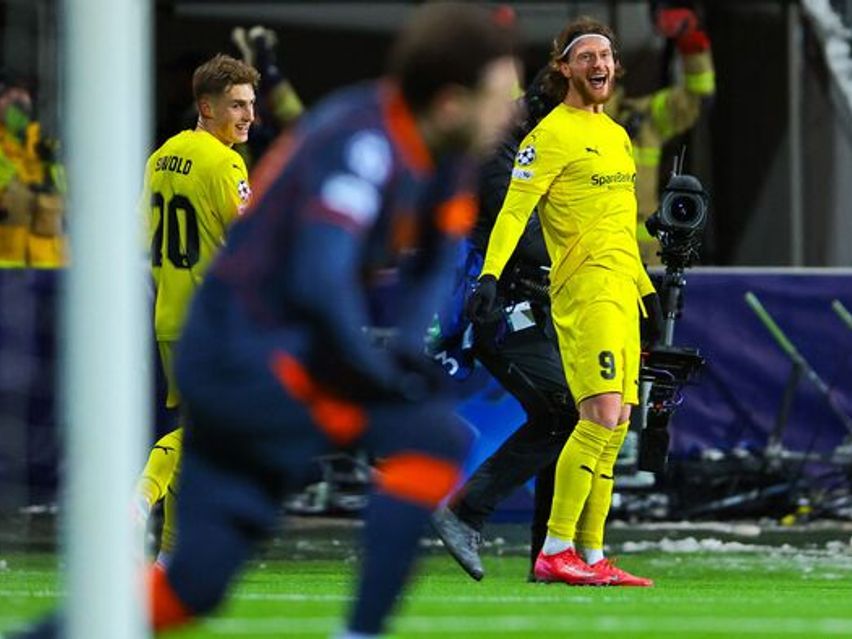
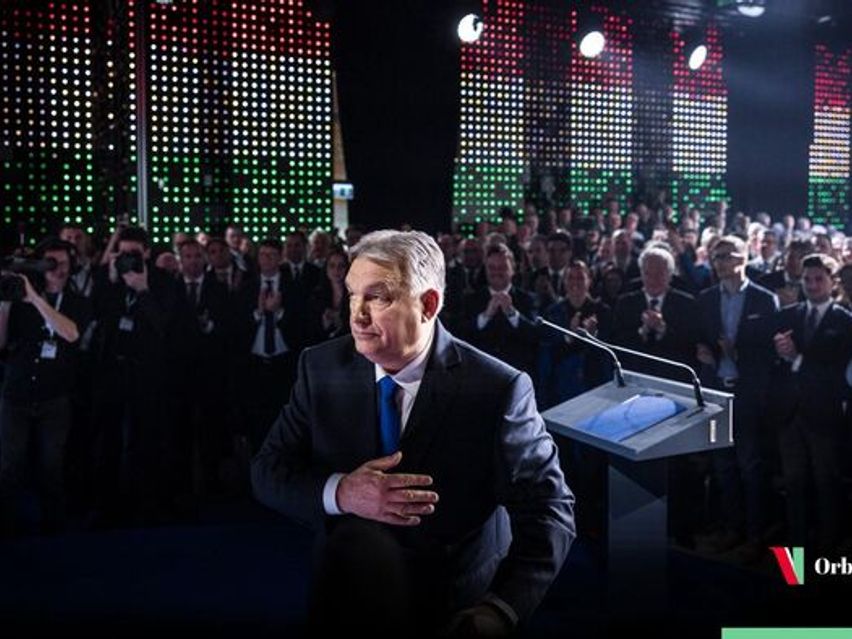



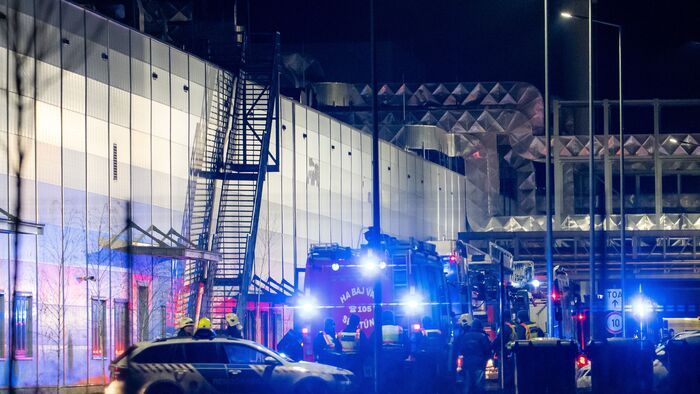
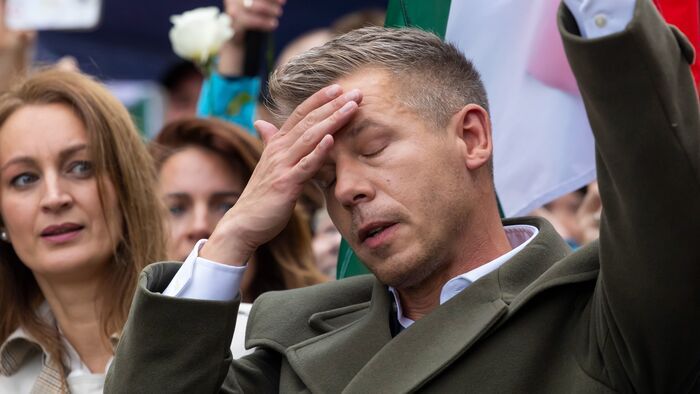
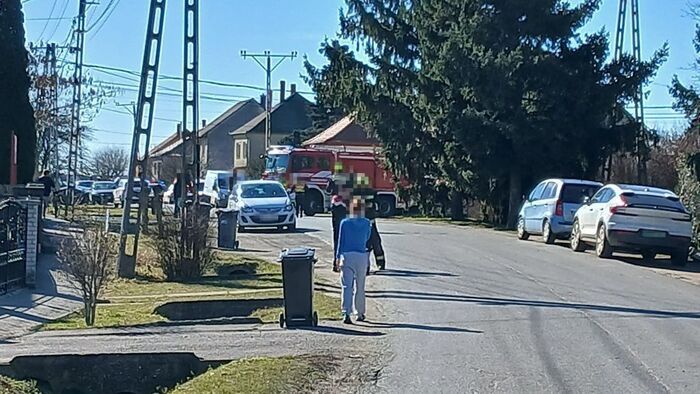
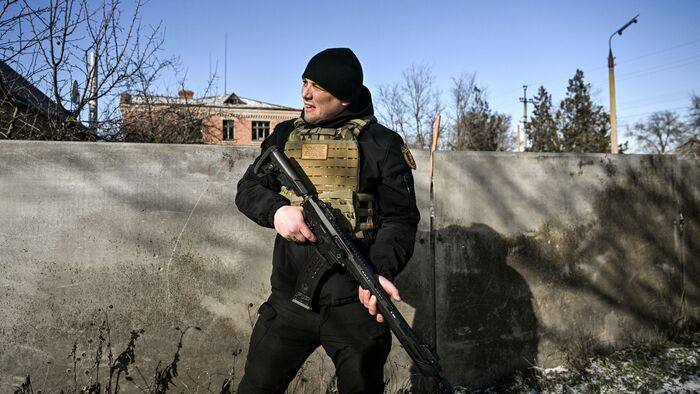







Szóljon hozzá!
Jelenleg csak a hozzászólások egy kis részét látja. Hozzászóláshoz és a további kommentek megtekintéséhez lépjen be, vagy regisztráljon!